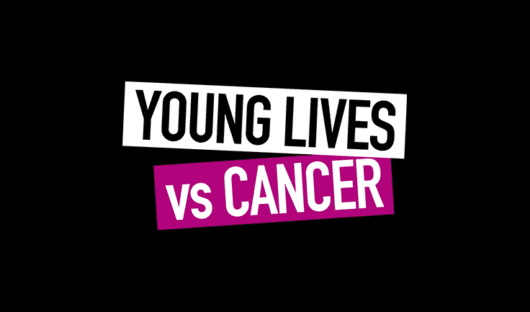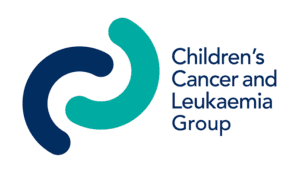How can I protect my child from infections at home?
There are various ways you can help to reduce your child’s chances of infection.
- Good hand hygiene. Always ensure hands are washed and cleaned with soap and water regularly particularly after going to the toilet, before eating or drinking and after handling animals. Alcohol gel is a good way of quickly disinfecting hands that are already clean. This is good advice for the whole family to follow too.
- Avoid anyone who is obviously infectious, i.e. coughing and sneezing excessively such as on public transport, shopping, cinema trips and visitors to your home.
- Drink boiled cooled water which should be replaced every 24 hours. Other drinks such as milk, fizzy pop, fizzy water or cartons of juice are all fine to drink as these drinks have undergone some form of pasteurisation. This precaution is to reduce the risk of contracting a specific stomach bug which can cause diarrhoea and may delay treatment.
- Vaccinations/Immunisations for the whole family – ensure you receive full advice from your child’s doctor regarding chicken pox, measles, live vaccines and influenza (flu).
Tips from other parents
“It may sound like common sense but educate all members of the household on the importance of handwashing (especially young children who might ‘forget’).”
“Hand gel. Lots of it. Some at every sink, dining room table, by the bed and by the front door for visitors.”
“We put a sign up on the front door explaining our kid had cancer, and three things any visitors could help. Wash hands (well), take care and generally steer clear if ill.”
“Be extra vigilant with food prep. Invest in a set of coloured chopping boards and use them for different prep (e.g. green for veg, red for raw meat etc.).”
“Make sure your child has their own bathroom towels which only they use and change them daily.”
We’ve asked parents to share their tips and advice from their own experiences and what they’ve found helpful. But if you are worried about reducing the risk of infections at home, make sure you speak to your treatment team who will be able to give you more advice and guidance.
This information was partially written by the Children’s Cancer and Leukaemia Group (CCLG)
You might also want to look at
Help your child cope with side effects of cancer treatment
Every child copes differently with treatment and side effects. Here's what to expect.
Read more
How can I help my child to eat well during treatment?
From me to you: parents share their advice on helping their children eat well during treatment.
Read more
Can I look after my pet when my child is having treatment?
From me to you: parents share advice on looking after a pet when your child is on treatment.
Read more
You might also like...
Children's Cancer and Leukaemia Group (CCLG)
You can find more advice about helping to reduce your child's chance of infection from our friends at the CCLG.
Visit the CCLG website for more informationJoin our Facebook group for parents
Share your stories and experiences with other parents. Get advice or share tips to help others, and become part of a supportive community.
Join our parents and carers Facebook groupGet a Young Lives vs Cancer grant
It’s not right that young people and parents have to worry about money when they need to focus on treatment and all that comes with it. So Young Lives vs Cancer gives various grants, right from the moment of diagnosis, to help young people and families cope financially.
Find out more about getting a grantAre you a cancer dad?
Many dads spend less time in the hospital and don't get the same network of support. Feeling like you have to 'hold the fort' can be isolating and difficult, so it's extra important you have someone to talk to about your challenges.
Join our Mind the Chaps Facebook group for dads